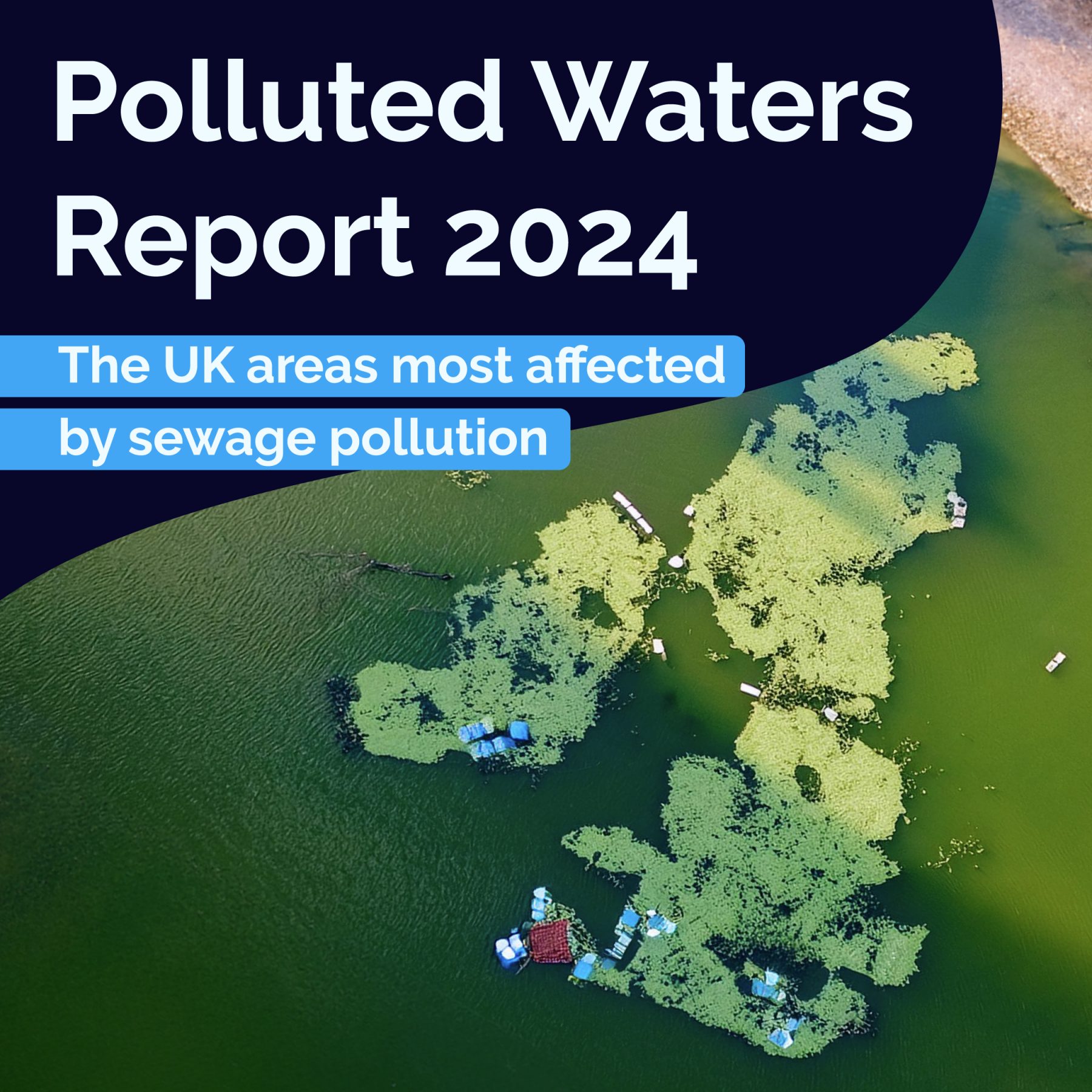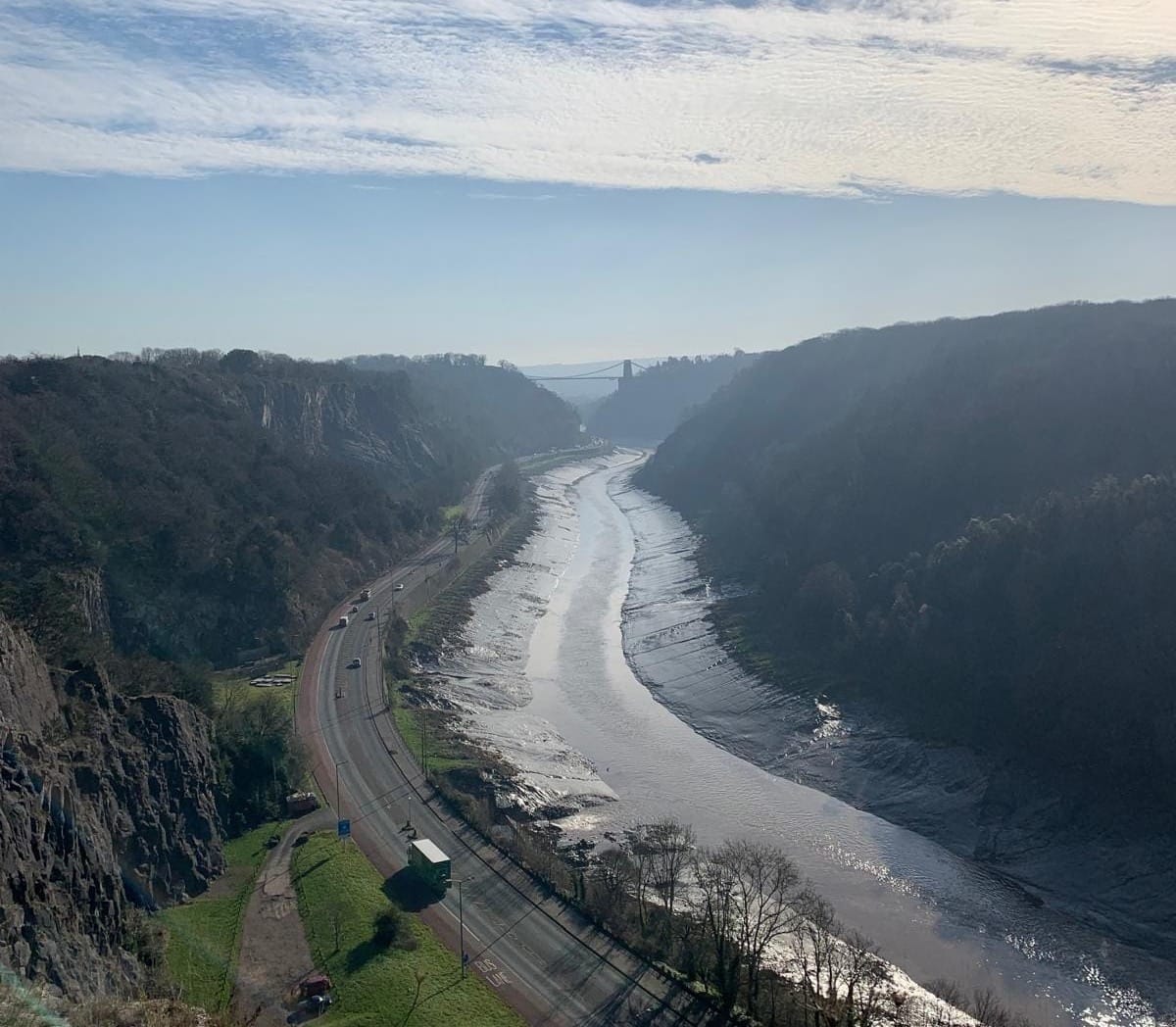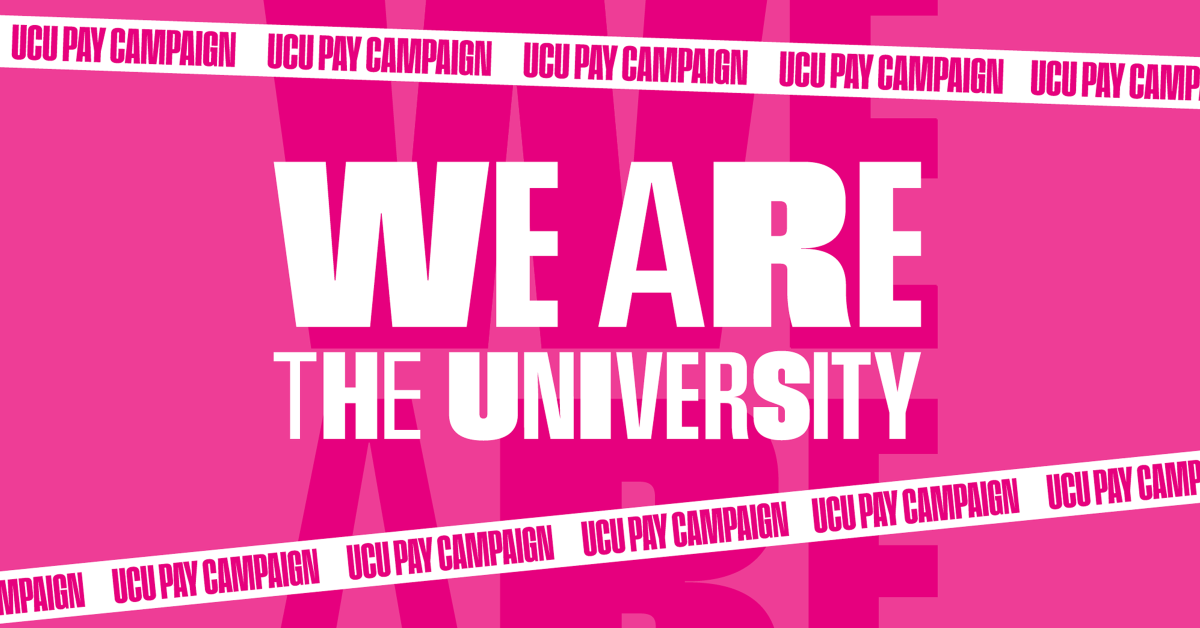Bristol is full of sh*t: new report outlines the poor state of the River Avon amid growing national political row over sewage dumping
By Maud Humphries and Josie Hodgson, News Co-Editors
A report published earlier this month by Utility Bidder has revealed that Bristol has the fourth highest number of sewage spills per square kilometre in the UK.
With only the City of London, Tameside and Plymouth topping Bristol, the city was reported to have had 4,433 sewage spills within 110 kilometres - the equivalent of 40.42 spills per square kilometre, leaving Bristol as one of the most significantly affected areas across England, Scotland, Wales and Northern Ireland.
The report has been released amid rising public anger and a growing political row over water pollution, with water companies having released raw sewage into England's rivers and coasts for a record 3.6 million hours last year, according to new Environment Agency data.
Debt-laden Thames Water, one such water company which has been facing much criticism, declared last month that without a steep bill increase, the company would remain ‘neither financeable nor investible'.
In Bristol, the River Avon has become a recent hot topic within the water pollution scandal, with an article from the Guardian in March reporting that the river was the third most polluted in the UK in 2023, following the rivers Croal Irwell and Darwen. The Avon had 74 spills per mile of river, making it 6,573 sewage spills in total.
In an effort to uncover the UK water companies responsible for the worst spills, alongside recognising the local authorities who are in turn 'most affected', Utility Bidder analysed the most recent data on storm overflows in the UK from over the past year.
With the UK being prone to heavy downpours and extended periods of heavy rainfall, many of the spills can be traced back to storms causing overflows of sewage into rivers. This report focuses on the role of rainfall in exacerbating the pre-existing problem of sewage dumping.

The report highlighted Dwr Cymru, or Welsh Water in English, as the Water company responsible for the most sewage spills in 2023, recording 117,830 separate spills, followed by United Utilities and Yorkshire Water.
Spills in areas under Thames Water’s jurisdiction were reported to have lasted the longest, with an average duration of 11.56 hours.
In regards to the areas most affected, North Yorkshire saw the most sewage spills in 2023, with 23,929 recorded yearly. North Yorkshire had more than 7,000 more sewage spills than any other local authority. This was followed by Cornwall and County Durham.
Only six local authorities, Brighton and Hove, Broxbourne, Cambridge, Hackney, Harlow and Watford, saw no sewage spills in 2023.

With most of the UK supported by a combined sewerage system dating from the 19th century, the outdated system, combined with a growing population and increasingly extreme weather events due to climate change, is causing concern for the future of our rivers in the UK.
In response to the growing problem, the newly elected Labour government committed in their manifesto to clean up the water sector, with this month seeing the Department for Environment, Food, and Rural Affairs (DEFRA) introducing the Water Special Measures Bill. This legislation has been introduced to give regulators new powers to take tougher and faster action to crack down on water companies damaging the environment and failing their customers. It will be the most significant increase of enforcement measures on water companies in a decade.
The Bill includes significantly increasing the ability of the Environment Agency to bring forward criminal charges against law-breaking water executives. It will create new tougher penalties, including imprisonment, for water executives when companies fail to co-operate or obstruct investigations.
The new legislation will also ban the payment of bonuses to water bosses if they fail to meet high standards to protect the environment, their consumers and their company’s finances.
With social, economic and environmental implications following sewage spilling into rivers, Utility Bidder's report will contribute to the growing discourse surrounding how best to prevent further cases in the future.
With projects such as Tideway’s Super Sewer in London promising to cut back raw sewage spills in the River Thames, soon becoming fully operational in 2025, there is hope for the future of the UK's rivers - but the question remains as to whether change can be implemented quickly - or thoroughly - enough before too much damage is done.











